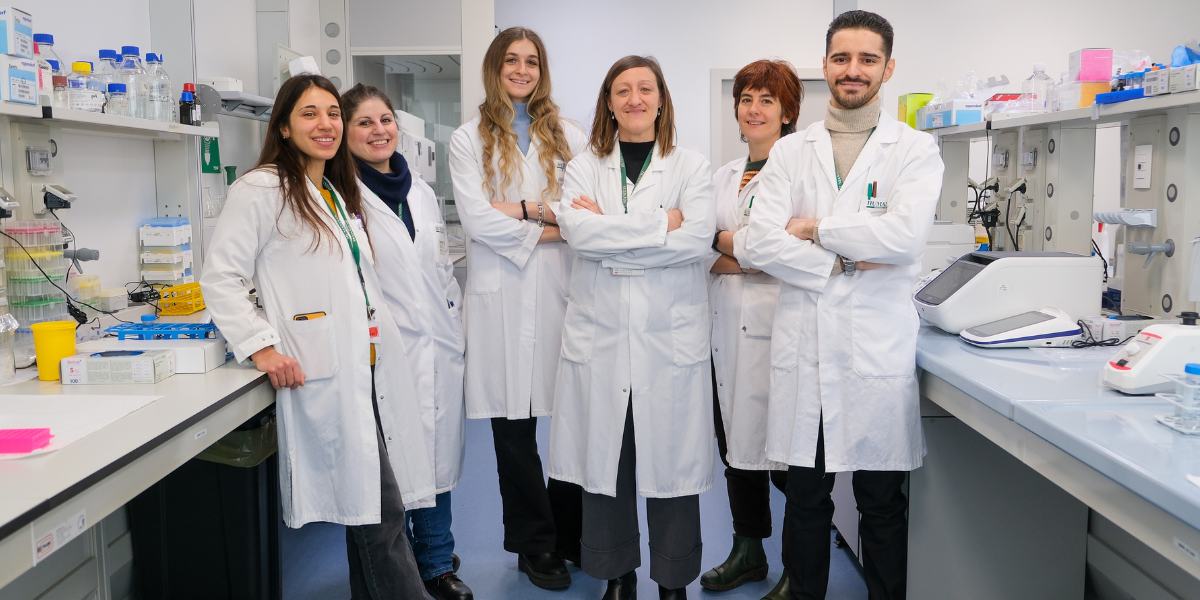Discovered a new target to awaken innate immunity against cancer

According to the results of a study conducted at the Humanitas Research Hospital, tumors suppress the response of “Natural Killer” cells—key players in the anti-tumor response — by interfering with autophagy, their internal cleaning mechanism. Researchers have discovered how to reactivate the process and awaken the response against tumors.
Despite their crucial role in the immune response against cancer, innate immune cells known as Natural Killers (NK) are often rendered ineffective in solid tumors through mechanisms that are still poorly understood. The loss of their ability to attack cancer represents a significant limitation for the use—highly promising—of these cells in innovative cellular therapies currently in clinical trials.
In a study published in Nature Communications, a team of researchers from Humanitas discovered the mechanism through which tumors render these cells ineffective: by blocking their autophagy, the process of protein and organelle degradation through which cells recycle their components to maintain functionality. The researchers also identified a therapeutic target to reactivate autophagy and restore the ability of these cells to recognize and attack tumors.
The study was led by Diletta Di Mitri, Associate Professor at Humanitas University and Head of the Tumor Microenvironment Laboratory at Humanitas, with the support of the AIRC Foundation for Cancer Research.
“Natural Killers are very promising cells in the fight against tumors: unlike T lymphocytes used, for example, in CAR-T therapies, they cause fewer adverse effects and could allow the development of ‘universal’ cell lines ready for use and compatible with any patient,” explains Diletta Di Mitri. “Unfortunately, NK cells are also rendered dysfunctional by tumors within their microenvironment, posing a significant obstacle to the development of effective cellular therapies. Our discovery could change the scenario as it identifies a strategy to prevent tumors from shutting down their action.”
The Role of Autophagy in the Anti-Tumor Response
Autophagy is an essential process for cellular survival: if protein and organelle residues are not properly cleared, the entire cell metabolism suffers, and its functionality is compromised. This is particularly true for immune cells, which require efficient metabolism to take action.
In the study, researchers investigated for the first time the impact of autophagy on NK cell functionality and, specifically, their ability to mount an effective anti-tumor response. By analyzing prostate cancer samples from patients and using experimental disease models, Di Mitri’s team discovered not only that compromised autophagy prevents an adequate immune response but also that tumors exploit this strategy to neutralize Natural Killers.
A New Strategy to Enhance Cellular Immunotherapies
“Through bioinformatics analyses, we reconstructed the signaling chain mediating the phenomenon: starting from the external receptor activated by tumor cells to the internal regulator—a transcription factor—that modulates the autophagic activity of the cells,” explains Federica Portale, first author of the study. “This regulator is the potential target to act upon to reactivate autophagy and, consequently, awaken the anti-tumor action of NK cells.”
The researchers demonstrated that reactivating autophagy—using drugs or directly through genetic editing—significantly improves the ability of NK cells to recognize and destroy tumor cells, both in vitro and in experimental models of prostate cancer and melanoma.
“Our data identify autophagy as a critical checkpoint of innate immunity: targeting this mechanism could enhance the effectiveness of Natural Killer-based therapies for solid tumors, therapies that are already under clinical investigation,” concludes Diletta Di Mitri. “Although the results are preliminary, the clinical potential is significant: our next goal is to demonstrate the efficacy of this approach in other types of cancer.”